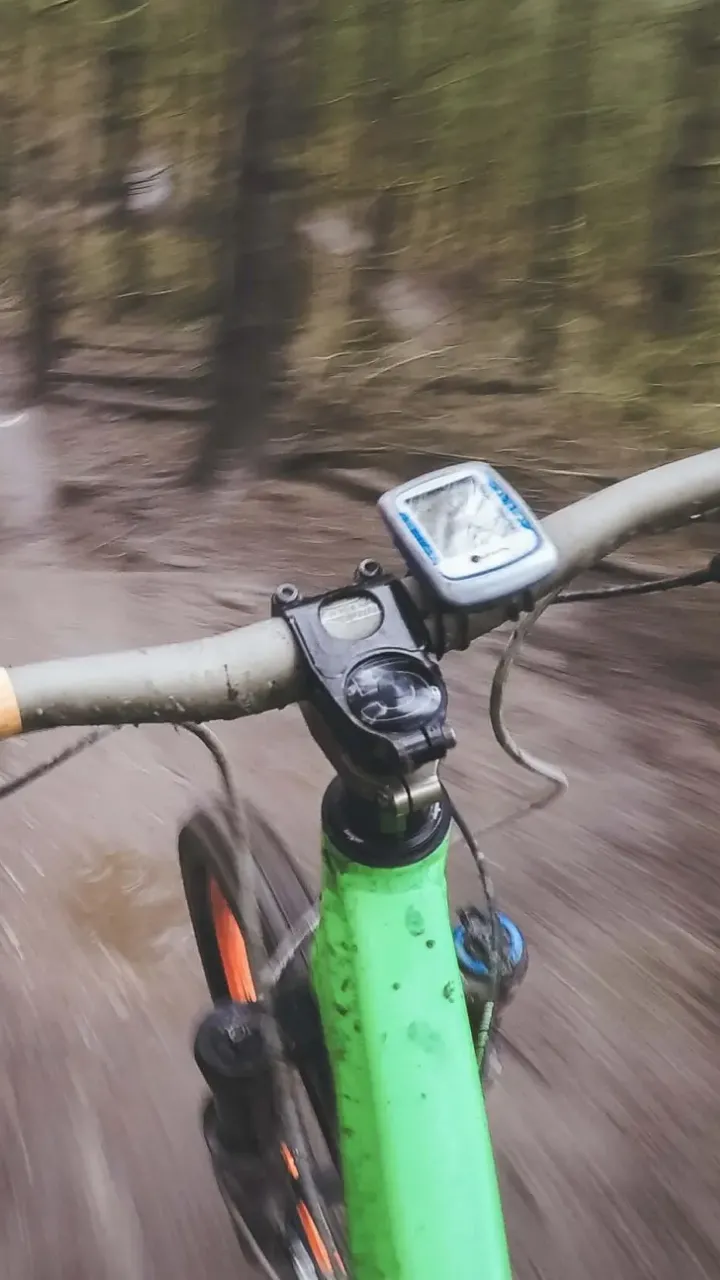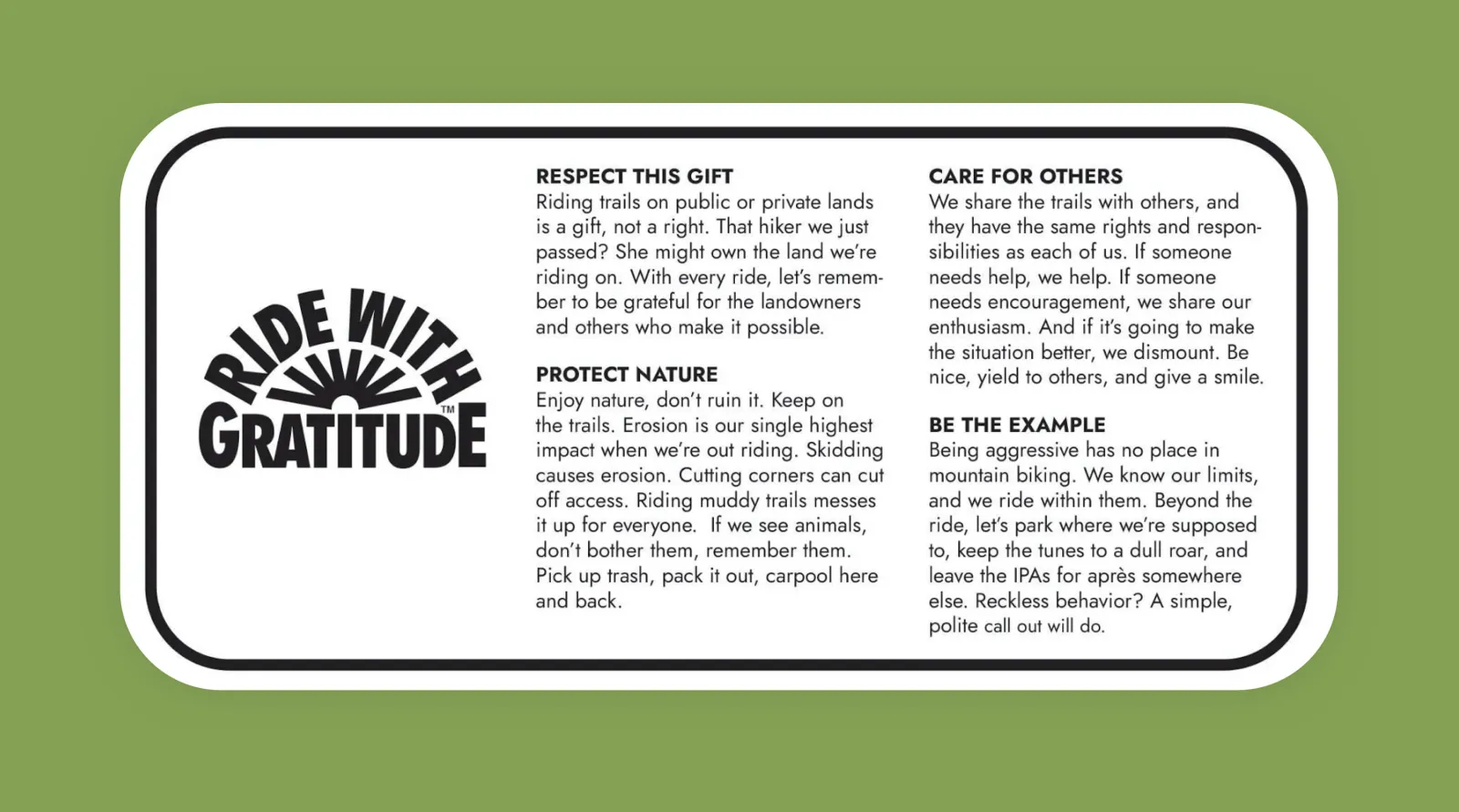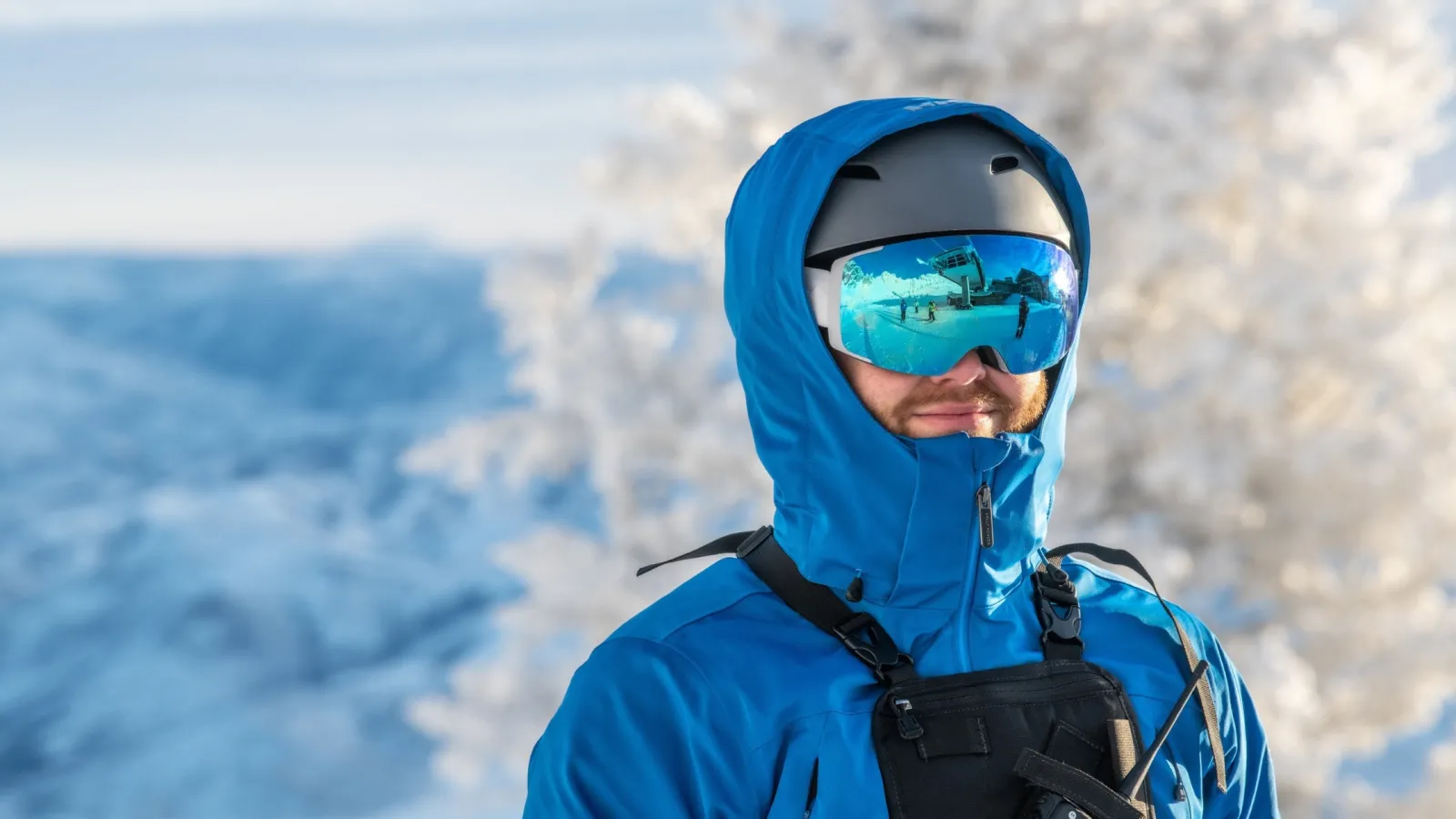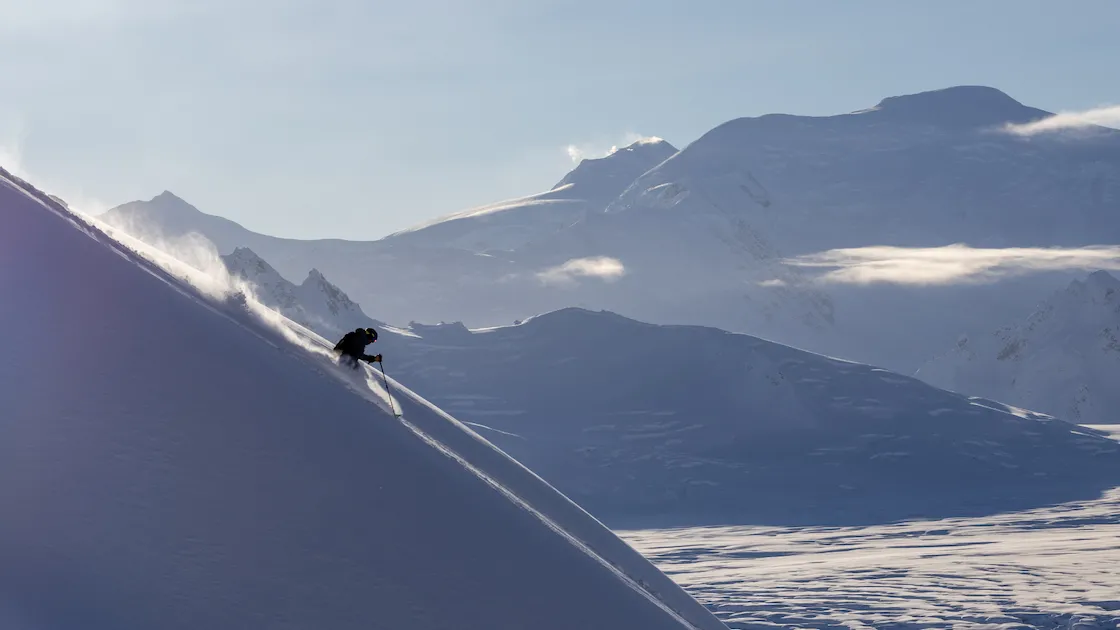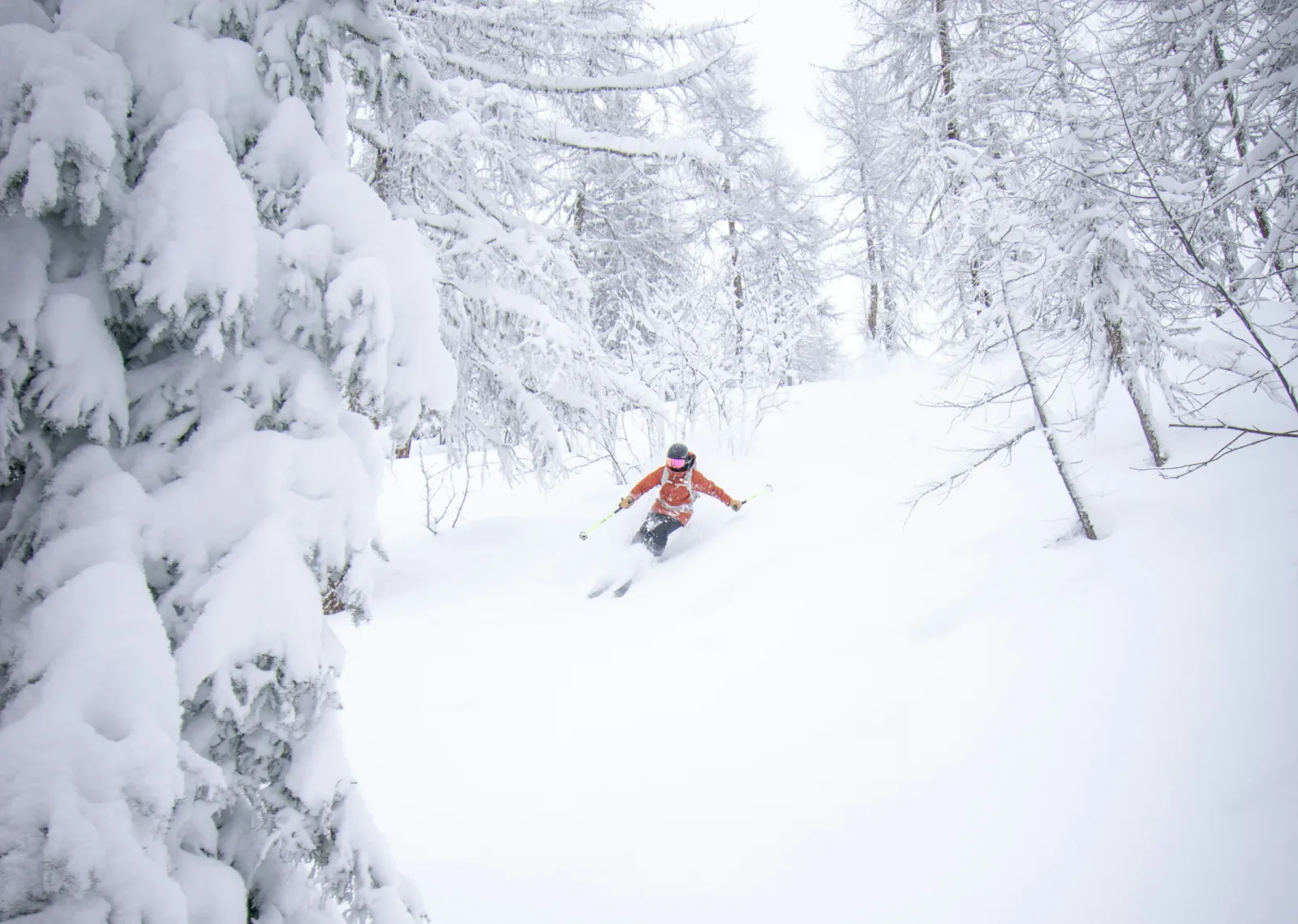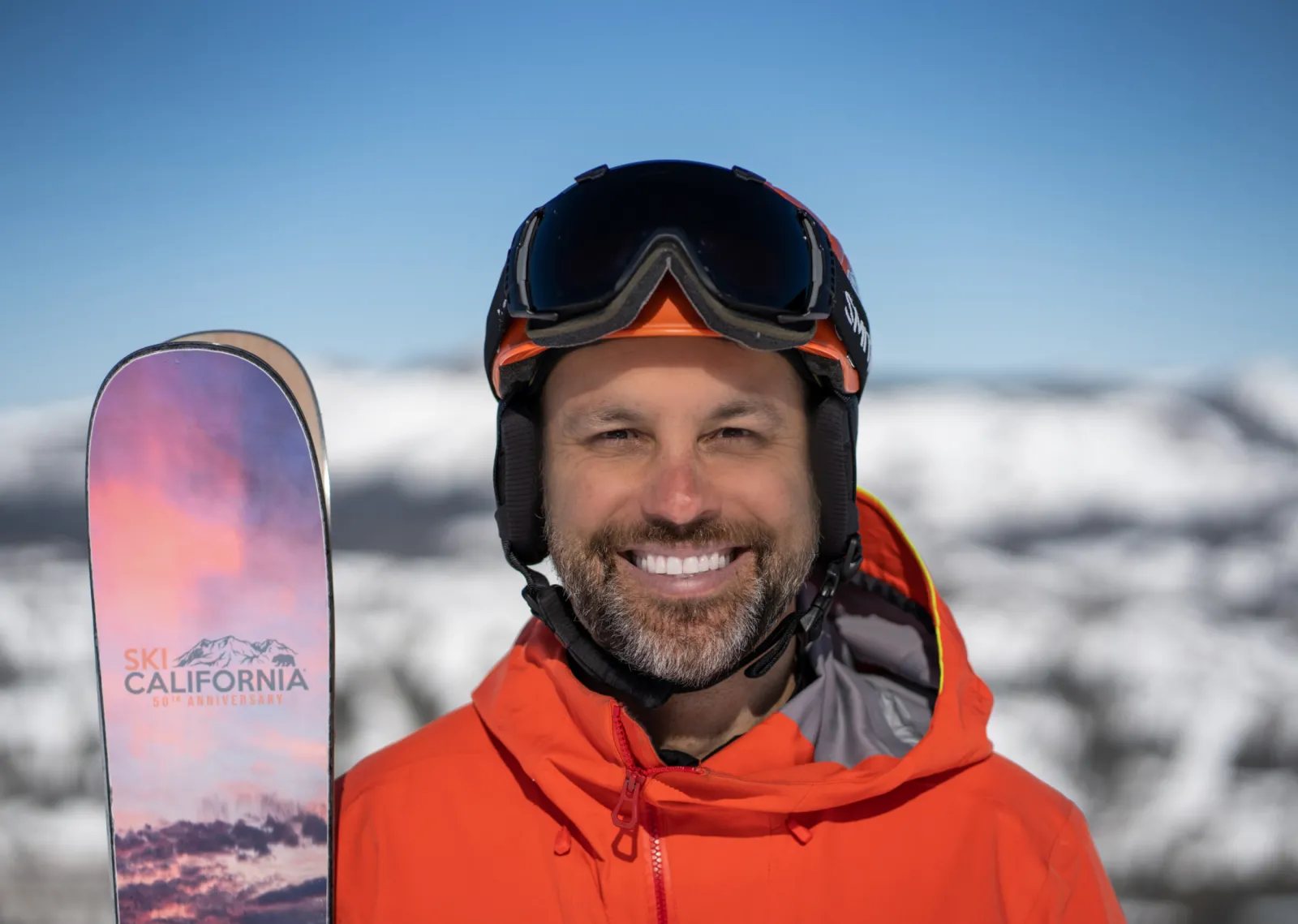How the Kingdom Trail closures started a conversation that needed to happen
In the October, 2019 edition of the Origin newsletter, we ran a story about the success of the Kingdom Trails, a massively popular mountain bike trail network in Northeastern Vermont that’s become a must-visit destination for singletrack fiends throughout North America. The trail system is unique in that it relies on the support of nearly 100 private landowners, who’ve granted access to the non-profit Kingdom Trails Association, which oversees the network.
Not long after our story was published, news broke that a handful of landowners, all situated at the heart of the system, and hosting some of the region’s most established and beloved trails, had rescinded access to mountain bikers. While the landowners remained silent regarding their reasons for closing the trails to cyclists (they’ve remained open to other non-motorized uses), it seemed clear that the exploding popularity of the Kingdom Trails, which attracts over 100,000 visitors annually, 84% of them from beyond Vermont’s borders, coupled with some less-than-savory behavior from a minority of these riders, was a primary factor in their decision.
To learn more about the closures, their impact on the Kingdom Trails, and what lessons might be learned for the broader mountain biking community, we reached out to Lilias Ide, Communication and Program Manager at the KTA
Origin: In short, what happened?
Lilias Ide: In October of 2019, at the end of the summer season, four landowners on the Darling Hill section of the trail network reached out to ask that KTA designate the trails on their properties as pedestrian and skier access only. While there was no specific reason given, landowners have complete control over their property and provide access to KTA purely out of generosity with a non-binding agreement, so we sought to react quickly to accommodate their wishes with signage and mapping changes.
In January, KTA announced the cancellation of the New England Mountain Bike Assocation Festival (NEMBAfest) on Darling Hill. This was a hard decision, but the trail access changes meant that the potential for a great increase in travel on roadways posed too great a safety concern for us to condone. In addition, the stress on our community with the influx of 4000+ people for a weekend was clearly too much for the existing infrastructure.
The culmination of the access changes without sufficient explanation and NEMBAfest cancellation stirred up strong feelings and much speculation with many people demanding more information and greater transparency. On January 23rd, KTA issued an open letter to the community taking complete responsibility for having been slow to respond to issues and concerns and acknowledging our lack of voice and leadership. We promised to be more responsive and transparent as we roll out plans and address challenges.
Origin: What's been the response from the riding community?
Lilias Ide: Responses were strong and ranged from an outpouring of support to outcries of criticism and anger. The restricted access parcels are home to some of the oldest and well known trails on the network, which meant the many trail users were disappointed to lose access, and quite vocally so! Many people felt that KTA was not being forthright and wanted more information. However, there were also many riders that thanked the landowners for their generosity in allowing KTA access to the property for so long- over 25 years! Change is hard for many people, but on top of the idea of change, it became clear that many riders felt entitled to trail access. It really brought to light the responsibility that KTA has to more effectively convey that riding these trails is not a right, but instead a privilege.
Origin: What lessons can the KTA and the local riding community take from this experience?
Lilias Ide: Communicate early and often! Transparency is key. We must keep in touch with each other. With so many different stakeholders ranging from local, to out of state riders, landowners, business owners, and impacted community members- it is essential to keep everyone informed, touch base often, and draw boundaries. KTA has been entrusted to manage the trail corridors and visitors that landowners allow on their property. Protecting that property and the community that supports it is the #1 priority.
Origin: What advice would you offer other riding communities who rely on the generosity of private landowners?
Lilias Ide: On a network that exists on private property, landowners are your most important ally and asset. Establish strong relationships and lines of communication. Maintain transparency with all of your stakeholders, but hold the landowners and your local community as your priority. Make sure that the surrounding infrastructure can support your trail capacity to maintain the right balance. Keep your eyes open for signs that the community is becoming overburdened and work with it to solve those issues.
Origin: How will this impact the KTA in the short term? How about in the longer term?
Lilias Ide: Right now we are taking this time to step back and show the landowners and the entire community that we're listening and taking action.
Fortunately, in 2019 KTA had applied for and received a grant for a network capacity study to identify KTA’s areas of need and solutions for infrastructure challenges. We are in the midst of the study now which means surveys, public forums, and lots of research on current and past trail access and patterns.
In the short term, we’ve modified our trail development plan to build trails in the separated quadrants that make them a destination in themselves to minimize travel on the road.
In the long term, there is no doubt that this experience and the much needed change that continues to come from it will make the KTA community stronger and more resilient.
Origin: What changes has the KTA implemented?
Lilias Ide: This year we have redesigned and implemented a larger and more in depth paid Ambassador Program. We now have 10-12 Ambassadors working each day of the week with a Head Ambassador leading the charge. The Ambassadors spend time in the parking areas and on the trails, educating riders.
I’ve been working with a group called Borderlands, made up of seven trail networks throughout VT, NH, ME and QC. to develop a mountain biker code of conduct. With mountain biking as such a young sport, it seems that riders need some education and reminders that in order for our sport to be sustainable, we need to appreciate it as a gift and establish a standard of trail etiquette. The campaign is named Ride With Gratitude and includes four mantras to follow:
In June, a committee of KTA landowners was formed as a liaison between the landowners and the Association. Establishing a clear and direct avenue for communication.
KTA has also transitioned from Annual and One Day Membership options purchased on site, to Annual and Monthly memberships available online. With this change, we seek to minimize both the waste from daily membership tickets and the necessity for daily visits in the small village of Burke, therefore relieving congestion in a high traffic area that lacks the infrastructure to support it.
What is the industry's responsibility to help the cycling community become better stewards, and how might they go about getting that message across?
To join the Ride With Gratitude campaign, email Maura@northernforestcenter.org

